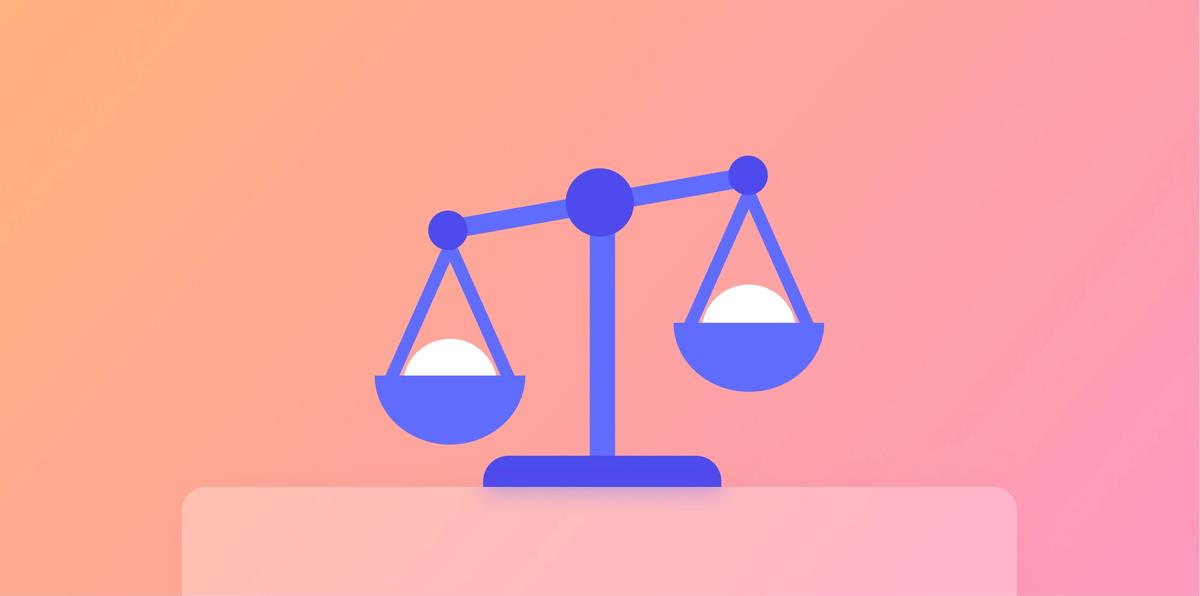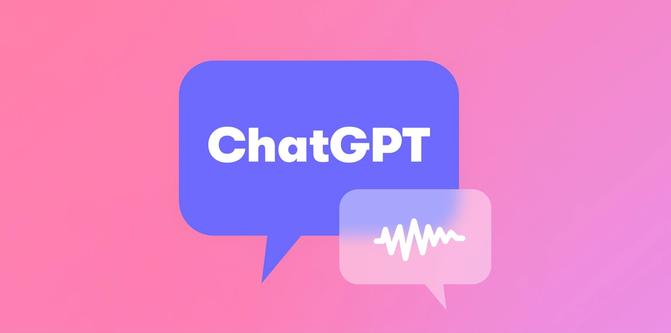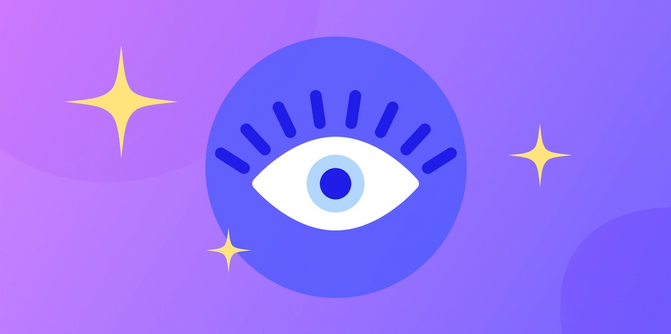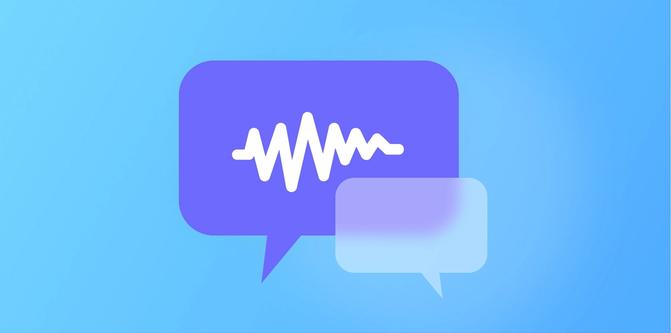Debunking 5 Common AI Myths

ChatGPT was released on November 30, 2022. Seven months ago, most of us had never even heard of it. Sure, there were AI-centered products, but OpenAI revolutionized the game by creating an extremely powerful chatbot with a simple interface and reliable results.
Before ChatGPT, AI was a sort of sci-fi trope, with movies like Ex Machina or Her depicting a near future where machines would eclipse our intelligence and infiltrate our human lives. Most of these things still feel like a movie, but perhaps they are more familiar now. There are a lot of genuine and very human fears when it comes to AI. And since AI’s relevance and knowledge have grown exponentially in such a short period of time, there are also many myths that follow that have been perpetuated.
Let’s take a deeper look at some of them, and try to understand if some of our most common AI beliefs are fact or fiction.
Myth 1: We can’t use AI at work
There are so many uses for AI at work, that it would be unrealistic to swear it off. There are a lot of mundane tasks that can be automated, and it can greatly improve your productivity and efficiency. AI can help out with seemingly small things like e-mail grammar checks and meeting check-in questions.
And in truth, a lot of (dare I say most) competitive companies have already found incredible AI use cases. Huge amounts of data can now be understood instantly and thoroughly, make predictions and recommendations, and analyze trends.
There is also a slew of fantastic AI and ML programs that are purposefully made to make your workday easier. Collato (hey!) uses AI to find, summarize, or generate content based on your product team’s information. IBM Watson is great for market research and can structure seemingly unstructured data. Zendesk can streamline the customer service experience. The list goes on. Use AI programs that you trust. You'd be amazed at how productive your workday can be.
Myth 2: We can use AI for everything
In the realm of AI, data is the fuel that drives the engine. The reliance on extensive and high-quality data presents challenges in the ever-changing landscape of work. Insufficient or incomplete data can hamper AI models' ability to detect patterns accurately and make reliable predictions. The quality of the data used in training AI models significantly impacts their performance. Noisy or inaccurate data can introduce errors and misleading patterns, eroding the reliability and trustworthiness of AI systems. That makes it imperative for organizations to ensure data quality through meticulous preprocessing and validation processes.
The dynamic nature of work poses a considerable hurdle for AI. Models trained on historical data may struggle to adapt to new or unseen data that deviates significantly from their training set. As user preferences and market dynamics evolve, the ability of AI models to generalize and provide accurate insights will be challenged. Regular updates and retraining of AI models become indispensable to keep pace with the ever-shifting work landscape.
Another important limitation of AI lies in its inability to be truly creative. Since AI relies on existing data, it lacks the capacity to generate entirely new ideas or creations. This reliance on input data can also lead to biases, which can manifest in AI-generated outputs. For example, AI-generated art has raised concerns as it often synthesizes existing human-made art, blurring the lines of copyright and ownership.
As we navigate the future of work, it is crucial to understand the limitations and considerations associated with AI. By addressing these challenges and leveraging AI's strengths, we can unlock its potential to augment human capabilities and drive meaningful progress in the workplace.
Myth 3: AI makes us unemployable
Look, we’ve talked about this. But, unfortunately, this fear already seems to be entrenched in our daily lives. Here’s the deal: AI will absolutely reinvent the professional landscape. And it will definitely affect some job duties. The truth is, AI is projected to create way more jobs than it replaces. AI will also most likely replace many monotonous duties and tasks, rather than entire roles.
That being said, there is a lot that product managers can do to keep pace with AI, like upskilling and staying agile. In truth, some parts of your job might be substituted by AI, but the majority of our roles will be augmented by it. AI can enhance decision-making, improve user experiences, and provide valuable insights through data analysis. By understanding how AI can augment your role, you can leverage its power to drive innovation and deliver more impactful products.
Myth 4: AI is completely unbiased
Since AI is entirely reliant on data, there is always the danger that the data we feed it is biased. It can inadvertently amplify and perpetuate existing biases present in the data it is trained on. Since AI algorithms learn patterns from historical data, any biases present in that data can be ingrained into them. This can lead to discriminatory outputs that reinforce societal prejudices and inequalities. Moreover, the biases may not always be obvious, as AI systems can make decisions based on complex calculations that are difficult to interpret.
There have been quite a few examples of AI perpetuating bias. From automatic resume-reading algorithms to diagnosing health problems, prejudice seems to follow AI. Even hugely popular social media platforms like Snapchat have had their hiccups–battling prejudiced, inappropriate, or incorrect responses.
Myth 5: AI only impacts the tech industry
AI is often mistakenly seen as a monolithic entity, as if all AI systems operate in the same way and possess identical capabilities. But, this perception couldn't be further from the truth. AI is a diverse field encompassing various techniques, approaches, and applications. From machine learning and deep learning to natural language processing and computer vision, AI encompasses a wide range of tools and methods. Each AI system is designed with specific objectives, data, and limitations in mind. Some AI systems excel at recognizing patterns in images, while others specialize in processing language. Each system has its own strengths and weaknesses.
Sure, AI has changed the game in the tech industry. But, AI has already revolutionized way more, like healthcare, transportation, finance, manufacturing, E-commerce, logistics, construction real estate–the list goes on. These industries have experienced a dramatic transformation through the use of advanced data analysis techniques, task automation, and powerful pattern recognition and analytics.
Tl;dr
AI can be utilized effectively in the workplace. From automating mundane tasks to analyzing data and making predictions, AI can revolutionize the way we work. AI is not limitless. The truth is that AI's performance relies heavily on high-quality data. Insufficient or inaccurate data can hinder AI's ability to detect patterns and make reliable predictions. AI won’t replace jobs entirely. In reality, AI is more likely to augment job roles rather than replace them. AI can be biased. AI can amplify existing biases present in the data it is trained on. This can lead to discriminatory outcomes and reinforce societal prejudices. AI impacts much more than just the tech industry. Advanced data analysis, automation, and pattern recognition techniques have already transformed many industries.
By understanding its capabilities, limitations, and ethical considerations, we can harness AI's power to drive meaningful progress in our professional lives. Experience the possibilities with Collato's new AI-powered Slack integration and unlock the full potential of your team's knowledge.




